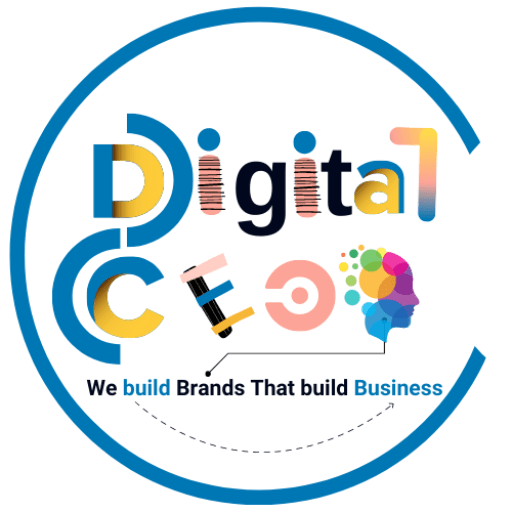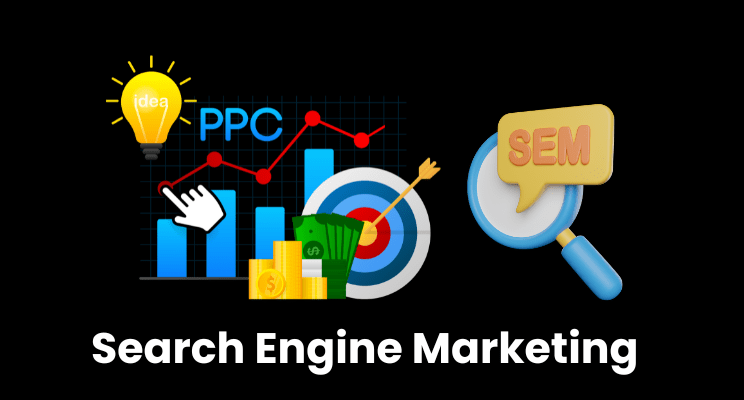In recent years, the rise of digital marketing has been truly spectacular. One of the most effective and widely used digital marketing strategies is PPC or Pay Per Click marketing. PPC marketing is a form of advertising where businesses pay a fee every time someone clicks on one of their ads. This is basically a way of buying visits for your website, rather than relying on organic traffic. PPC marketing has proven to be incredibly useful for businesses of all sizes, who can use this strategy to drive more traffic and conversions.
PPC marketing has seen a significant rise in recent years, and according to a report by Statista, the global spend on digital advertising is expected to reach $517 billion by 2023. This indicates the growing importance of PPC marketing in today’s world, and is a clear indication that businesses need to incorporate this strategy in their marketing campaigns to survive in this competitive market.
In this article, we’ll discuss how you can maximize your ROI with PPC marketing, and explain why it is important for businesses.
Benefits of PPC Marketing:
1. Immediate Results: One of the biggest advantages of PPC marketing is that it provides immediate results. With other marketing strategies, such as SEO or content marketing, it can take months or even years to see results. But with PPC marketing, you can start seeing results as soon as you launch your campaign. By bidding on keywords, you can place your ad on the top of search engine results pages (SERPs) and start receiving traffic and conversions immediately.
2. Highly Targeted: Another key benefit of PPC marketing is that it is highly targeted. You can target specific keywords, geographic locations, demographics, and even specific devices. This allows you to reach your ideal audience and ensure that your ads are seen by people who are more likely to be interested in your products or services.
3. Control Over Budget: With PPC marketing, you have complete control over your budget. You can set a daily or monthly budget, and as soon as your budget is exhausted, your ads will stop appearing. This allows you to control your spend and ensure that you don’t overspend on your marketing campaigns.
4. Reaches Audience at Every Stage of Purchase Funnel: PPC marketing also allows you to reach your audience at every stage of the purchase funnel. You can create different ad types for people who are in the awareness stage, consideration stage, and decision stage of the purchase funnel. This ensures that your ads are targeted and relevant to your potential customers.
5. Measurable Results: PPC marketing is highly measurable, and you can track the performance of your ads in real-time. You can analyze data such as click-through rates (CTRs), conversion rates, and return on investment (ROI), and optimize your campaigns accordingly. This allows you to see what’s working and what’s not, and make informed decisions about your marketing campaigns.
Maximizing ROI with PPC Marketing:
1. Identify Your Goals: The first step to maximizing your ROI with PPC marketing is to identify your goals. You need to determine what you want to achieve with your marketing campaigns. Do you want to increase traffic to your website? Do you want to boost your sales? Or do you want to generate leads for your business? Once you have identified your goals, you can create ad campaigns that are designed to meet those goals.
2. Conduct Keyword Research: Keyword research is an important aspect of PPC marketing. You need to identify the keywords that are relevant to your business and that your potential customers are searching for. You can use tools like Google Keyword Planner to conduct keyword research and find the keywords that are most relevant to your business.
3. Create Compelling ADS: Your ad copy is the first thing that users will see when they search for relevant keywords. It is important to create compelling ad copy that is relevant to your audience and that highlights the benefits of your products or services. This is particularly important as Google Ads (previously known as Google AdWords) has a high competition, so it is important that your ad stands out and attracts people’s attention.
4. Optimize Landing Pages: Once users click on your ad, they will be directed to a landing page on your website. It is important to optimize your landing page for conversions and ensure that it provides a great user experience. The landing page should be relevant to the ad copy and should have a clear call to action (CTA) to encourage users to take action.
5. Monitor, Measure, and Optimize: The last step in maximizing your ROI with PPC marketing is to monitor, measure, and optimize your campaigns. You need to constantly analyze data and make changes to your campaigns to improve their performance. This involves monitoring metrics such as CTR, conversion rate, and ROI, and making changes to your ad copy, landing pages, and bidding strategy to improve your campaigns.
Conclusion:
PPC marketing is a highly effective and efficient way for businesses to reach their target audience and generate more traffic and conversions. With the right strategy, businesses can maximize their ROI with PPC marketing and achieve their marketing goals. Remember to identify your goals, conduct keyword research, create compelling ad copy, optimize your landing pages, and monitor, measure, and optimize your campaigns for the best results. By following these steps, businesses can stay ahead of the competition and grow their business with PPC marketing.

